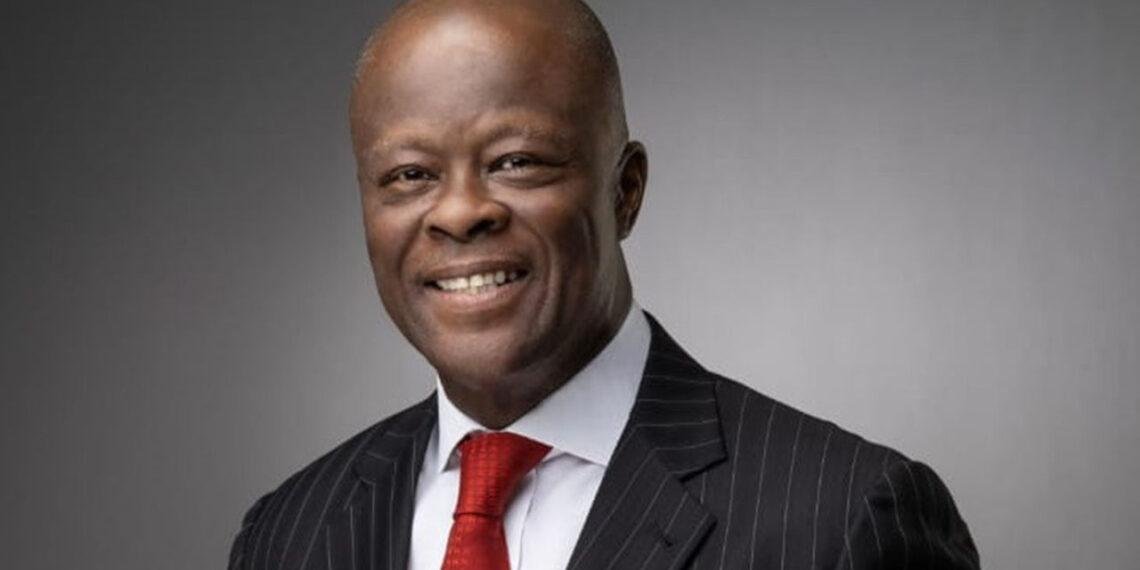Minister of Finance and Coordinating Minister of the Economy, Wale Edun, has said the Federal Government (FG), will soon launch forensic audit on Nigerian National Petroleum Company Limited (NNPCL), as part of the Federal Government’s broader reform agenda.
Speaking at the Nigerian Investor Forum, held alongside the IMF/World Bank Spring Meetings in Washington DC, Edun stated that the audit is intended to scrutinize the operations of the NNPCL and enhance transparency within the organization.
The minister noted that the recent shake-up in NNPCL’s leadership reflects the government’s resolve to instill accountability and reposition the national oil company.
Addressing top global investors, including representatives from J.P. Morgan, Edun outlined key economic reforms initiated under President Bola Tinubu’s administration aimed at reviving the economy and boosting investor confidence.
“Our goal is not just to maintain this momentum, but to accelerate it,” he said. “We are targeting seven per cent annual growth, and we believe the policies we have implemented have laid the groundwork to achieve this.”
Edun described the reforms as “unprecedented,” highlighting their impact on Nigeria’s fiscal and economic outlook. He revealed that the Nigerian economy grew by 3.84% in the fourth quarter of 2024 and recorded an annual growth of 3.4% for the year.
Read also: Intra-African Trade a Necessity, not a choice – AFDB Presidential Candidate Samuel Maimbo
He cited improvements such as reduced budget deficits, a better trade balance, and a more stable exchange rate as signs of progress. “We said we would do it, and now we have done it. This time, we’re staying the course,” Edun declared.
The minister also emphasized the administration’s focus on agriculture, stressing its role in bridging the food supply gap and enhancing local productivity. “We aim to close the food supply gap, not by importing more, but by enabling domestic producers to scale and innovate,” he said.
On infrastructure, Edun disclosed that the government has deployed 90,000 kilometers of fibre optic cable to boost internet access, a move he described as vital for empowering the youth and nurturing the tech ecosystem.
Additionally, he revealed that 4,000 kilometers of roads have been earmarked for private sector participation, with 1,000 kilometers already approved for construction.






